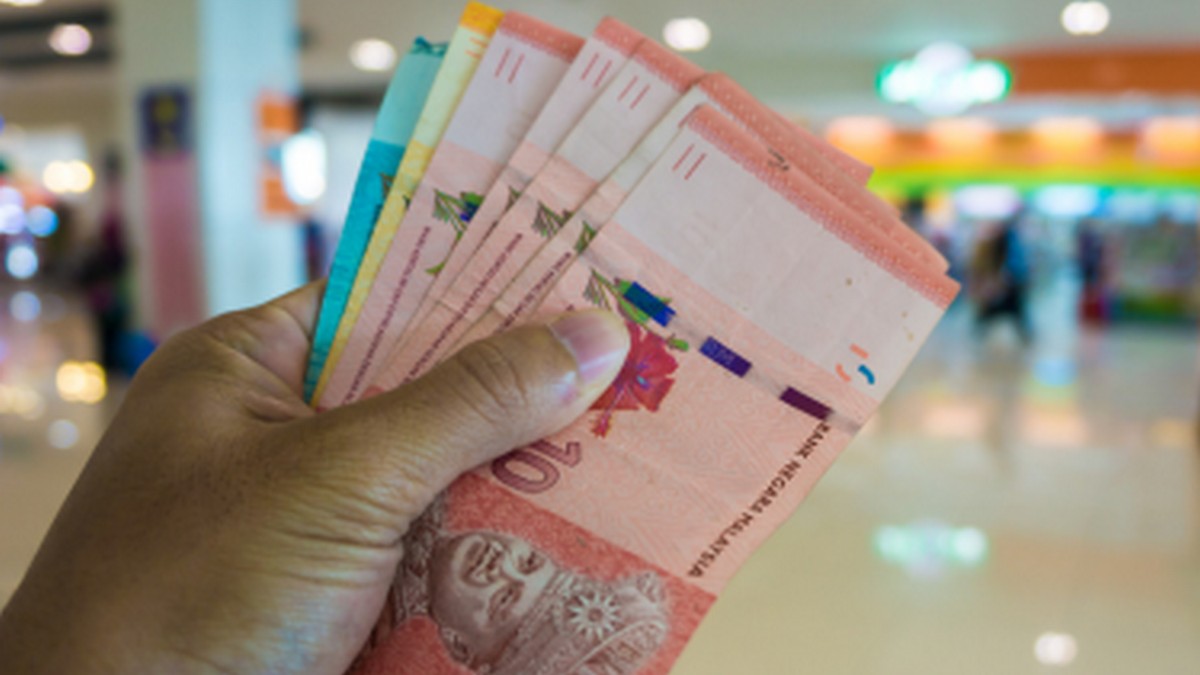Maldives’ Islamic bonds may be in trouble.
Though the sukuk bond rose a little after the country vowed to meet its outstanding payments in October, investors remain concerned.
The last month has witnessed a sell-off in the sukuk after fears about the island nation defaulting.
“There remains no doubt that the MMA and the government of the Maldives, together with all related government institutions, will be able to meet all future external debt obligations,” Maldives’ central bank wrote on its website on Wednesday.
But what are the Islamic bonds? Will Maldives default?
Let’s take a closer look:
What are they?
According to Asian Development Bank, sukuks are trust certificates.
They are essentially the Islamic equivalent of conventional bonds – which are issued by governments across the world to raise capital.
Those who buy the sukuks in exchange for money have ownership or part ownership of a certain asset. The investors can make profit or income – including rental income – from that asset.
This as opposed to buying a convention bond from a government, where you essentially get a piece of paper in exchange for money and earn interest on the money that is loaned.
But why would anyone invest in a sukuk rather than a conventional bond?
Because more and more Muslim countries are interested in finding alternatives to the global financial system.
Impact Shorts
More ShortsTheir answer? Islamic financing – also known as Shari’ah-compliant financing.
Islamic finance is basically a system that adheres to Islamic law.
Under Islamic law, charging interest for a loan is strictly forbidden. So, rather than earning income through interest, you own the asset and make money from it directly.
Islamic law also does not allow gambling or speculation. It also demands that its adherents invest their money in a moral manner – which means no putting money towards weapons and armaments, alcohol, gambling and pornography.
Sukuks, for Muslims, are a way to make sure that they are investing ethically.
Which countries offer sukuks? How big is the industry?
The Maldives, Brunei, Bangladesh, Malaysia, Luxembourg, Hong Kong, China, and South Africa have all offered sukuks, as per the ADB website.
The UK and Nigeria have also offered these Islamic bonds, as per Financial Times.
The Islamic finance industry is growing rapidly. Since 2009, it has grown at an estimated compound rate of 17 per cent.
In 2015, the Islamic finance industry owned assets worth $1.9 trillion.
As per Financial Times, S&P Global predicts sukuk bonds worth $170 billion will be issued this year.
Moody’s on the other hand, says over $200 billion of sukuk bonds will likely be put up for grabs.
Will Maldives default?
That’s the question
No country has defaulted on the sukuk yet, as per Bloomberg.
The Maldives currently has around $500 million of sukuk debt.
It must make a payment of $25 million on October 8.
The Maldives’ central bank’s statement seemed to have calmed things down a little.
The sukuk rose to 72.9 cents on the dollar after the statement.
This after the bonds, which come due in 2026, dropped to a record low of 70 cents to the dollar earlier this week.
The Maldives’ sukuk has been the worst performer on Bloomberg’s EM Sovereign Total Return Index.
The bonds were at 93 cents to the dollar in June.
“This is a small relief that will buy the Maldives authorities some time to search for a longer-lasting solution,” said Soeren Moerch, a portfolio manager at Danske Bank, told Bloomberg. “But it does not resolve the underlying issue of small net reserves and lack of consolidation of budget deficits.”
But things are certainly not looking good.
The country has seen its rating downgraded twice since June by Fitch.
Its largest commercial bank, the Bank of Maldives, also introduced new restrictions on its customers’ spending in foreign currency.
The Maldives has seen its foreign exchange reserves drop under $50 million in July.
“Reserves are down to a critically low level,” said George Xu, a director with Fitch Ratings in Hong Kong told Financial Times. “The risk of default seems more probable.”
“The questions everyone is asking: will the Maldives be the first [sovereign] sukuk to default,” Joshua Loud, senior emerging markets portfolio manager at Danske Bank added. “Given this has never happened, I don’t think the market fully understands the impact.”
The Maldives’ two biggest bilateral creditors are India and China.
President Mohamed Muizzu, seen as pro-Beijing, came to power after an ‘India out’ campaign and a promise to get Indian troops out of the country – which has been fulfilled.
Relations between India and Maldives, which snowballed into a diplomatic row caused by three Maldivian officials making derogatory remarks about India and Prime Minister Narendra Modi, seem to be on the mend.
But one emerging market investor, speaking to the newspaper on condition of anonymity, said neither New Delhi nor Beijing were rushing in to help the Maldives.
“The complexity of a default is exacerbated by it being a sukuk and uncertainty with how a sukuk restructuring will be handled and thus you could argue that bonds aren’t fully reflecting the default risk despite [the] precipitous drop.”
With inputs from agencies


)

)
)
)
)
)
)
)
)



